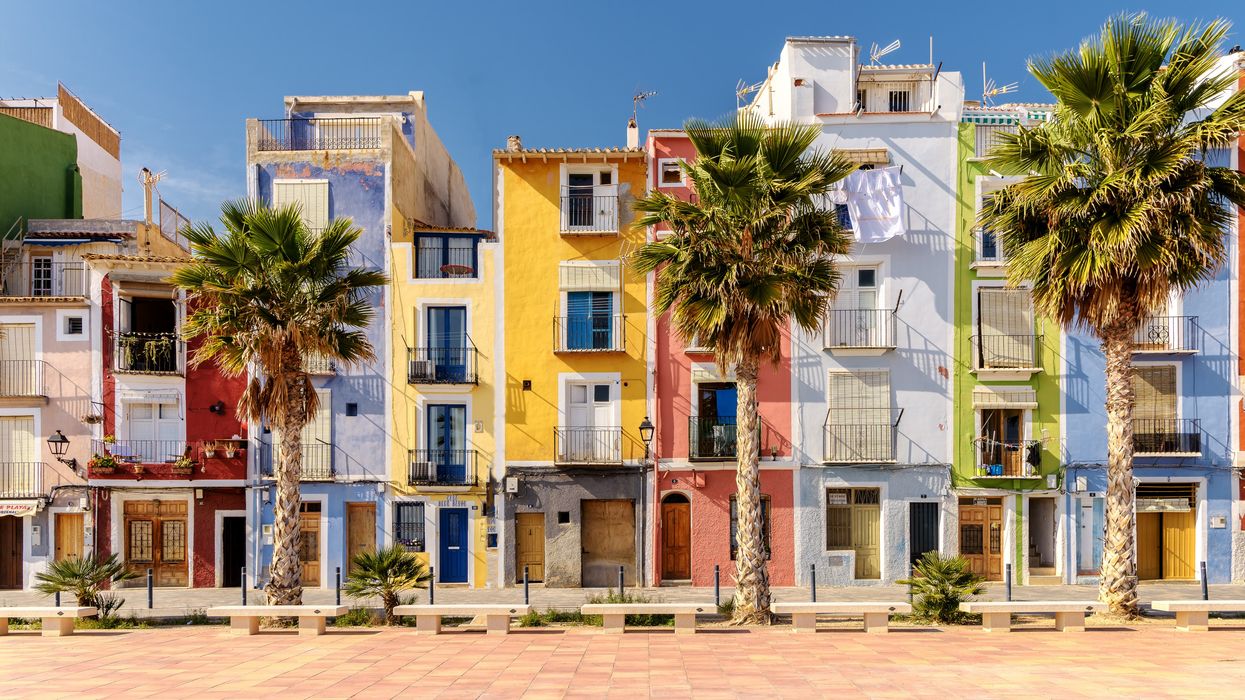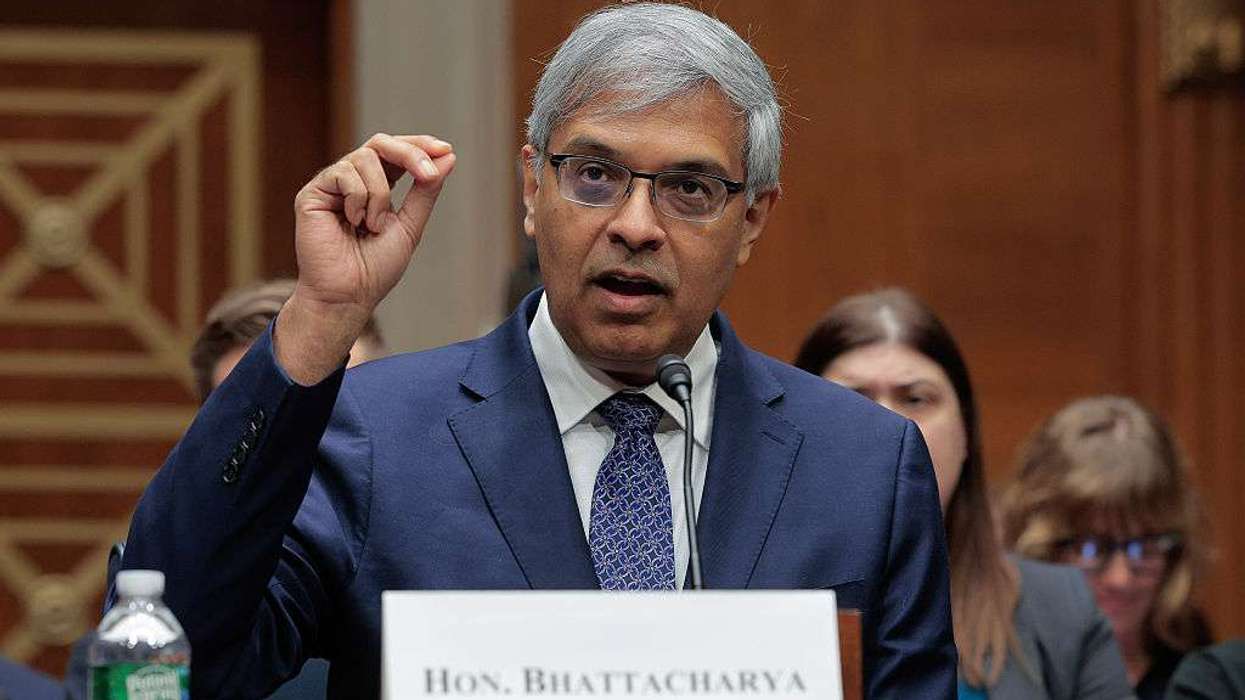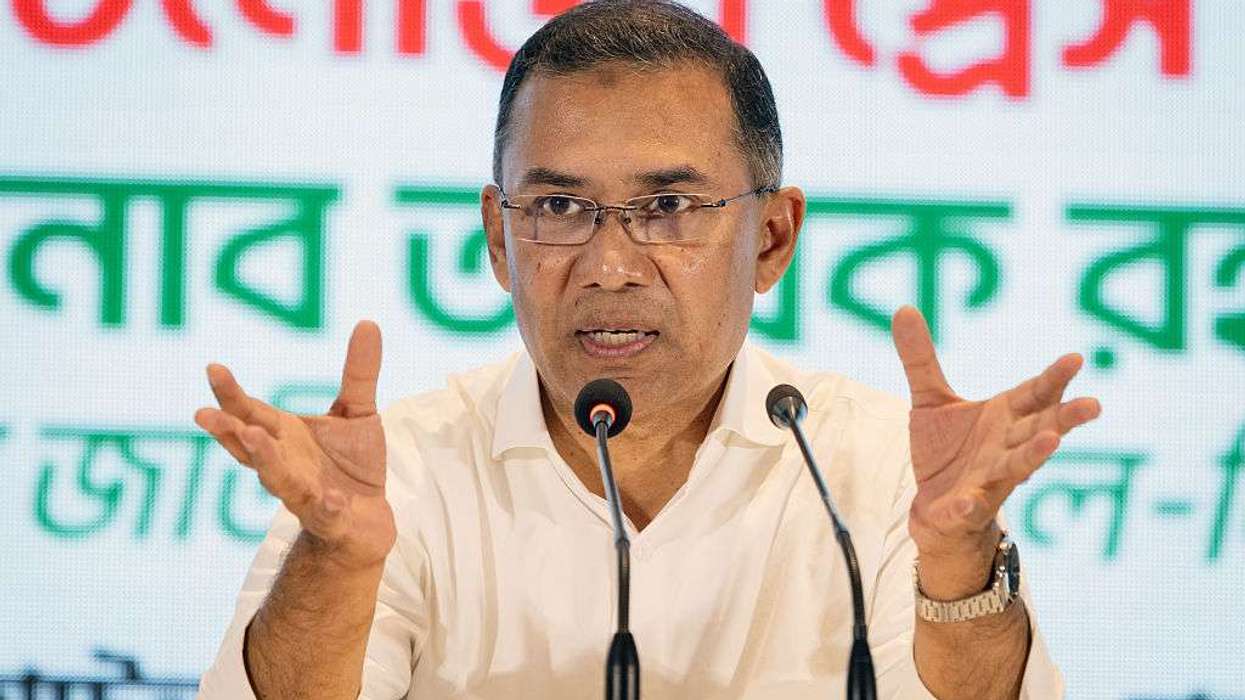The Spain Airbnb crackdown has led to more than 65,000 holiday rental listings being removed from the platform, as the Spanish government takes firm action to address breaches in national regulations and respond to growing housing concerns.
The Ministry of Consumer Affairs ordered the mass delisting due to thousands of properties lacking valid licence numbers, having unclear ownership records, or showing discrepancies between listed information and official housing databases. The government said these violations warranted immediate removal from Airbnb’s platform.
This action is part of a wider effort to bring order to Spain’s short-term rental sector and alleviate the country's worsening housing affordability crisis, especially in major tourist destinations such as Madrid, Andalusia and Catalonia, where the volume of tourist rentals has surged.
Consumer Affairs Minister Pablo Bustinduy said the government aimed to end what he described as a “lack of control” and growing “illegality” in the holiday rentals market. “No more excuses. Enough with protecting those who make a business out of the right to housing in our country,” he said during a press briefing.
The decision follows a broader trend of local authorities in Spain cracking down on tourist rentals. In 2023, the city of Barcelona announced a plan to eliminate all 10,000 of its licensed short-term lets by 2028, arguing that housing must be prioritised for long-term residents rather than tourists.
The Spain Airbnb crackdown reflects rising pressure on public officials to act, as protests continue over high rents and property prices, particularly in cities with large tourism industries. Many residents and campaigners argue that the expansion of short-term rentals has significantly reduced the availability of affordable housing.
- YouTubeYouTube/ WGN News
According to official data, there were approximately 321,000 licensed holiday rental properties across Spain as of November 2023, representing a 15% increase compared to 2020. Authorities believe many more operate without licences, prompting the Consumer Affairs Ministry to open a formal investigation into Airbnb in December.
In response to earlier scrutiny, Airbnb said it requires hosts to confirm they have permission to rent their properties and that they follow local laws. However, the company also claimed the government had not provided a clear list of non-compliant listings. It added that not all owners are required to hold a licence and questioned whether the ministry had the authority to regulate digital platforms.
Airbnb has yet to issue a formal response to the latest action.
The Spain Airbnb crackdown aligns with similar efforts across Europe, including in Portugal, the Netherlands and parts of Italy, where governments are introducing stricter regulations on short-term rentals in a bid to balance tourism with long-term housing needs.
As Spain continues to grapple with housing shortages and rising costs, the government has made clear that further measures may follow to ensure platforms and property owners comply with national laws.





